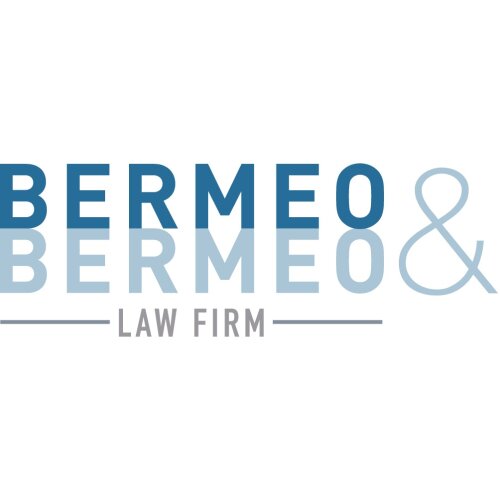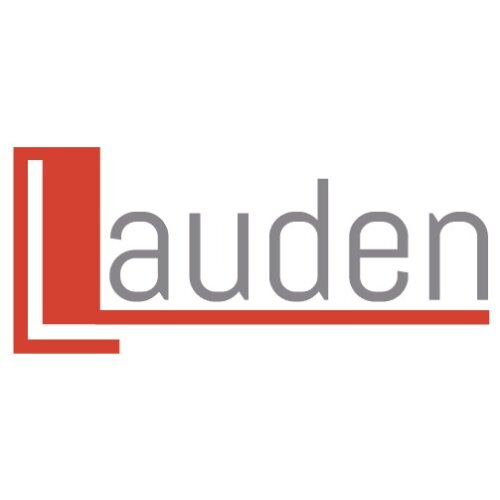Best Aviation Lawyers in Quito
Share your needs with us, get contacted by law firms.
Free. Takes 2 min.
List of the best lawyers in Quito, Ecuador
About Aviation Law in Quito, Ecuador:
The legal framework of aviation in Quito, Ecuador is governed by both national regulations and international treaties. The Ecuadorian Civil Aviation Authority (Dirección General de Aviación Civil or DGAC) is responsible for implementing and overseeing these regulations. These laws cover a multitude of areas, including aircraft registration, operation, maintenance, safety regulations, environmental implications, and rights and obligations of passengers and service providers.
Why You May Need a Lawyer:
Legal advice is often crucial in aviation matters whether you're an airline operator, aircraft owner, aviation professional, or even a regular passenger. Situations where you may require legal help could include drafting or reviewing sale and purchase agreements, lease agreements, operation contracts, and financing documents, dispute resolution, understanding your rights and obligations under aviation regulations, navigating investigations and enforcement actions by the DGAC, or dealing with personal injury or wrongful death claims resulting from aviation accidents.
Local Laws Overview:
Ecuadorian aviation laws are influenced by local regulations and international agreements. Key aspects include compliance with safety and maintenance standards, consumer rights of passengers in case of delays, cancellations or lost luggage, compensations in case of accidents, and environmental regulations related to noise pollution and carbon emissions. Air transport providers are obligated to obtain appropriate licenses and permits and to adhere strictly to the mandated operational guidelines.
Frequently Asked Questions:
1. Can I claim compensation for flight delays or cancellations in Quito?
Yes, under Ecuadorian aviation law, passengers may be entitled to claim compensation for long delays or cancellations, subject to specific conditions.
2. What are the safety requirements for aircraft operators in Ecuador?
Operators are required to meet the safety standards set by DGAC, which includes regular maintenance of aircraft, adequate pilot training, adherence to safety protocols, etc.
3. Can general aviation aircraft be privately owned in Quito, Ecuador?
Yes, private ownership of aircraft is permitted, however, they are subject to registration, operation, and safety regulations of DGAC.
4. Are there specific laws for drones in Quito, Ecuador?
Yes, DGAC has regulations on the operation of drones including where and when they can be flown, and the requirement for operators to be licensed.
5. Is there any law regarding aircraft noise and emissions?
Ecuador takes environmental regulations in aviation seriously. There are rules to control noise pollution and carbon emissions from aircraft, and operators must comply with these rules.
Additional Resources:
You can find more information on aviation laws and regulations in Ecuador via the Directorate General of Civil Aviation (DGAC) website and the International Civil Aviation Organization (ICAO). Also, local aviation law firms and professional associations like the Ecuadorian Association of Airline Representatives (AERA) can provide useful information and support.
Next Steps:
If you need legal assistance in aviation in Quito, Ecuador, it is advisable to contact a lawyer or law firm specializing in aviation law to help you navigate the complexities of the regulations and their application. You could also reach out to the local authorities, like the DGAC, for guidance on regulatory and licensing issues.
Lawzana helps you find the best lawyers and law firms in Quito through a curated and pre-screened list of qualified legal professionals. Our platform offers rankings and detailed profiles of attorneys and law firms, allowing you to compare based on practice areas, including Aviation, experience, and client feedback.
Each profile includes a description of the firm's areas of practice, client reviews, team members and partners, year of establishment, spoken languages, office locations, contact information, social media presence, and any published articles or resources. Most firms on our platform speak English and are experienced in both local and international legal matters.
Get a quote from top-rated law firms in Quito, Ecuador — quickly, securely, and without unnecessary hassle.
Disclaimer:
The information provided on this page is for general informational purposes only and does not constitute legal advice. While we strive to ensure the accuracy and relevance of the content, legal information may change over time, and interpretations of the law can vary. You should always consult with a qualified legal professional for advice specific to your situation.
We disclaim all liability for actions taken or not taken based on the content of this page. If you believe any information is incorrect or outdated, please contact us, and we will review and update it where appropriate.














